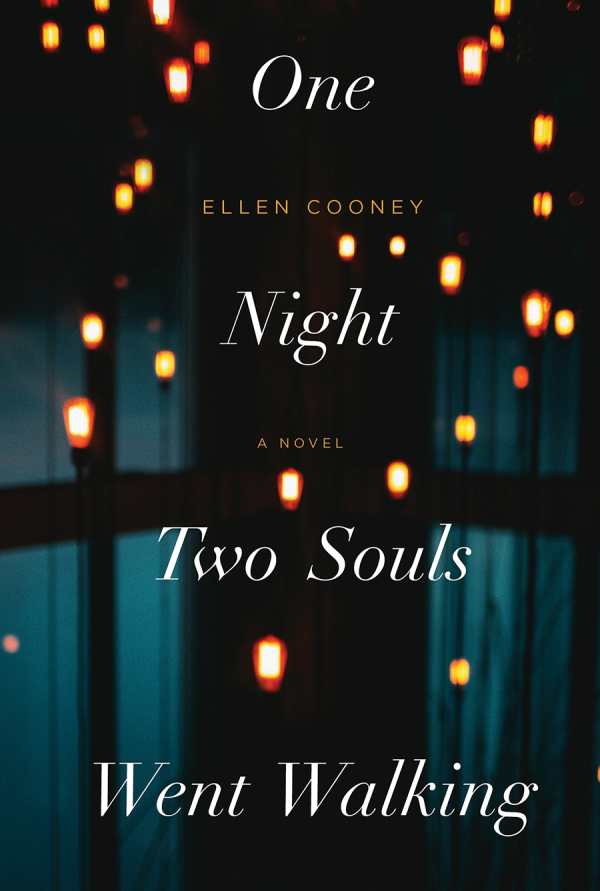One Night Two Souls Went Walking
In Ellen Cooney’s thoughtful, beautiful novel One Night Two Souls Went Walking, the traumas of a hospital’s patients become a way to think about the concept of souls.
The book is narrated by an unnamed, third-shift chaplain who nightly visits patients who are struggling through traumas. Her patients include a fifteen-year-old surfer who fell with his friends from a cliff after the ground gave way beneath them; he was the only one who survived, and he is paralyzed in his bed. Also included are a demanding lawyer who feels certain that he had an out-of-body experience during his surgery; an aging librarian who is lonely, afraid, and in need of a friend; and a woman who’s brought to the emergency room after a stroke, but who is determined not to be admitted to the hospital.
The chaplain speaks with each patient, offering what comfort she can. Each shares their stories with her, prompting her to reflect on her own past, her place within her family, and her relationships, too. Meanwhile, the hospital’s new therapy dog is brought in to replace one that recently died; how the dogs assist the chaplain and her patients results in added perspective on comfort, support, and spirituality.
Though the chaplain is Episcopalian, the story is not limited by an emphasis on any particular faith. Each patient shares their own profound moments; their experiences, coupled with the chaplain’s memories, result in a cohesive, thought-provoking story that reveals rare moments of light and connection, making One Night Two Souls Went Walking a meaningful novel that centers hope and peace, even in the face of profound struggles.
Reviewed by
Catherine Thureson
Disclosure: This article is not an endorsement, but a review. The publisher of this book provided free copies of the book to have their book reviewed by a professional reviewer. No fee was paid by the publisher for this review. Foreword Reviews only recommends books that we love. Foreword Magazine, Inc. is disclosing this in accordance with the Federal Trade Commission’s 16 CFR, Part 255.

